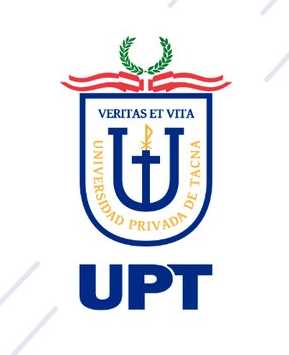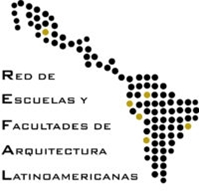La participación crea espacios.
El conocimiento colectivo como base del diseño urbano. Piura, Perú.
Palabras clave:
Participación ciudadana, laboratorio urbano, Piura, planificación urbanaResumen
La planificación urbana está en un proceso de cambio. Se cuestionan las estructuras establecidas para la toma de decisiones, se prueban nuevos procesos participativos en la planificación de edificios públicos y se exige una nueva cultura de planificación. Esto es especialmente evidente en los colectivos de urbanismo y la arquitectura, que se fundaron en las últimas décadas y buscan transformar y mejorar el espacio urbano con la ayuda de procedimientos participativos y en cooperación con la población local. El hecho de que este modelo de procesos participativos puede facilitar “una ciudad bottom-up” se ilustrará en este artículo usando el ejemplo de diferentes actividades en la ciudad de Piura realizadas por el colectivo FuturoPiura. Con el fin de incidir en la preocupación de la población acerca de mejora de la ciudad y actuar con la intención de optimizar la calidad de vida de los
ciudadanos, FuturoPiura viene realizando distintas acciones, tales como actividades de análisis colaborativo, talleres de diseño participativo con la ciudadanía, mapeos, realización de intervenciones tácticas, actividades lúdicas, estrategias para promover la identidad local, sensibilización sobre espacios públicos y ejecución de parques con el involucramiento de la población.









